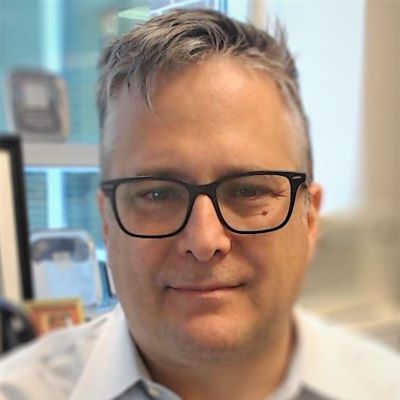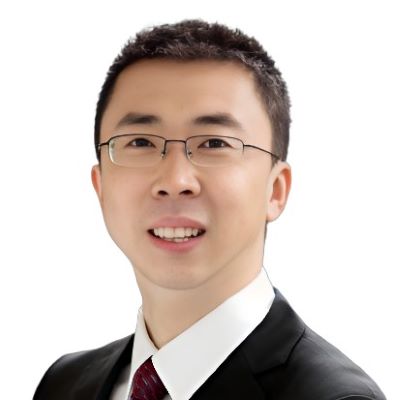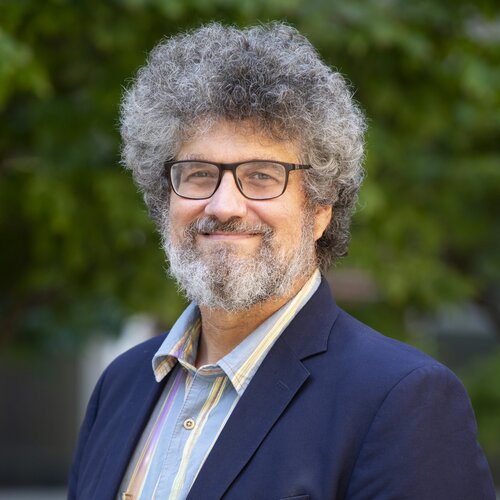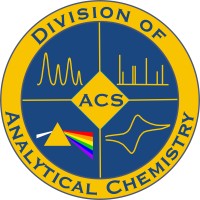ACS PUBLICATIONS WEBINAR SERIES
Global Innovators: Breakthroughs in Mass Spectrometry Research
Watch On-Demand | Global Innovators: Breakthroughs in Mass Spectrometry Research
View a webinar on advances in mass spectrometry including the development of new lipid structure analysis techniques and new workflows combining mass spectrometry and machine learning predictions to identify known metabolites in complex systems. Hear from Prof. Xiaoxiao Ma, winner of the 2025 Early Career Investigator Award in Analytical Chemistry, and Prof. Facundo Fernández, one of the 2025 Advances in Measurement Science Lectureship Awards winners.
BROADCAST DATE
Tuesday, June 10
DURATION
1.5 Hours
TYPE
Virtual event
PARTNER
SPEAKERS

Prof. Facundo M. Fernández

Prof. Xiaoxiao Ma

Prof. Jonathan Sweedler
Editor-in-Chief, Analytical Chemistry
James R. Eiszner Family Endowed Chair in Chemistry, University of Illinois at Urbana-Champaign, United States
AGENDA
11:00- 11:05 EDT
Opening Remarks
Prof. Jonathan Sweedler
Editor-in-Chief, Analytical Chemistry
11:05- 11:40 EDT
Keynote Lecture | Winner of the 2025 Advances in Measurement Science Lectureship Award
"Spatial Metabolomics Technologies: Ultrahigh Mass Resolution, Cyclic Ion Mobility, Single Cell Multimodal, Triboelectric Nanogenerators"
Prof. Facundo M. Fernández
Professor, Georgia Institute of Technology
11:40- 11:45 EDT
Q&A Session
Prof. Jonathan Sweedler; Prof. Facundo M. Fernández
11:45- 12:20 EDT
Keynote Lecture | Winner of the 2025 Early Career Investigator Award in Analytical Chemistry
Prof. Xiaoxiao Ma
Associate Professor, Tsinghua University
12:20- 12:25 EDT
Q&A Session
Prof. Xiaoxiao Ma; Prof. Jonathan Sweedler
12:25- 12:30 EDT
Closing Remarks
Prof. Jonathan Sweedler
Editor-in-Chief, Analytical Chemistry
MORE WEBINARS IN THE SERIES
ENGINEERING
Leading the Way in Thermophysical Properties Research
Monday, June 9
View this ACS Publications webinar to learn about exciting research in the field of thermophysical property measurement and computation, including the utilization of both experiment and computation in the design and development of sustainable separation processes
MEDICINAL
Advancing bRo5 Chemical Matter to the Clinic and Exploring Novel Kinase Inhibitors
Thursday, June 12
Learn about the creation of novel 'bi-steric inhibitors' of mTORC1 and RAS(ON) G12D-Selective inhibitors and their journey into clinical trials, as well as innovative kinase inhibitors developed through the combination of medicinal chemistry and structural biology.
MEDICINAL
Spanning the Globe: Innovative Discoveries from Pioneering Researchers in Drug Delivery
Friday, June 13
Delve into three pivotal studies that have the potential to revolutionize therapeutic approaches and drug delivery systems.
ANALYTICAL
Global Innovators: Breakthroughs in Sensors Research
Wednesday, June 18
View a webinar on cutting-edge sensor technology and discover the exceptional properties and applications of boron-doped diamond (BDD) electrochemical sensors in healthcare and environmental monitoring
PARTNER JOURNALS
Check out the 2024 Advances in Measurement Science Lectureship Award Webinar On-Demand!
Copyright © 2026 | American Chemical Society | 1155 Sixteenth Street NW | Washington, DC 20036




